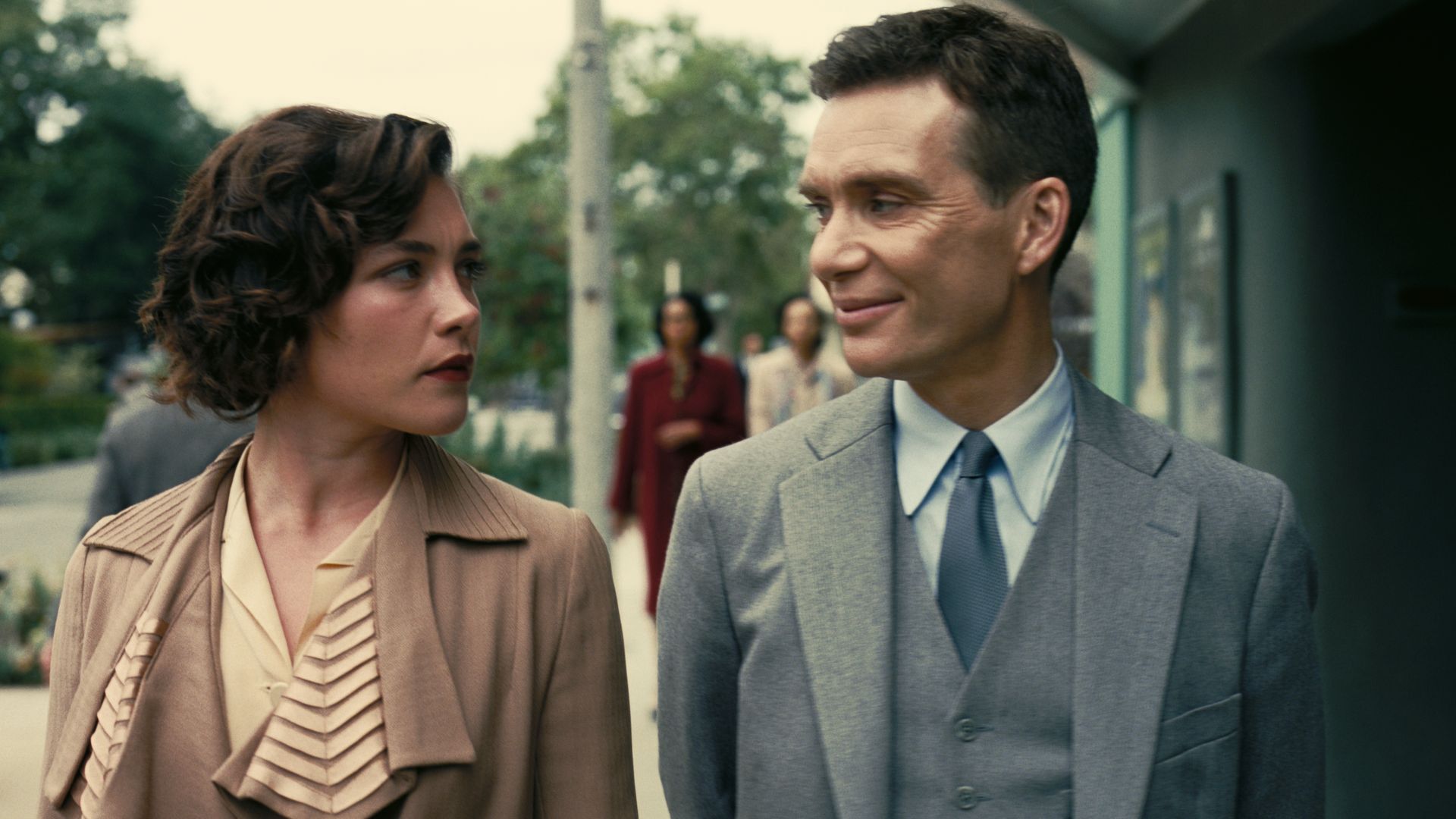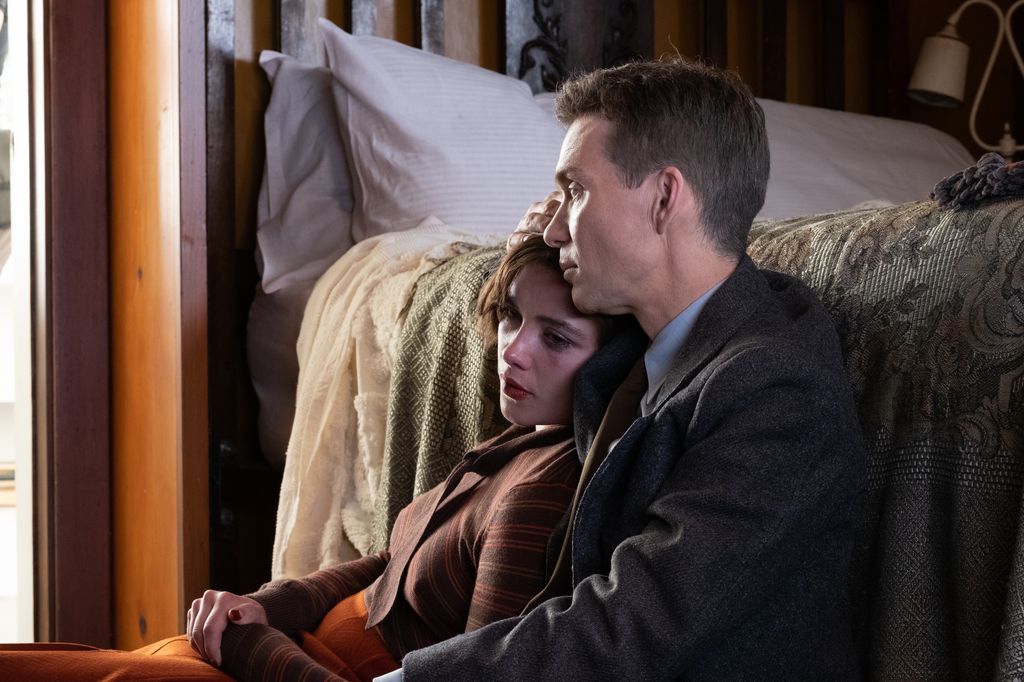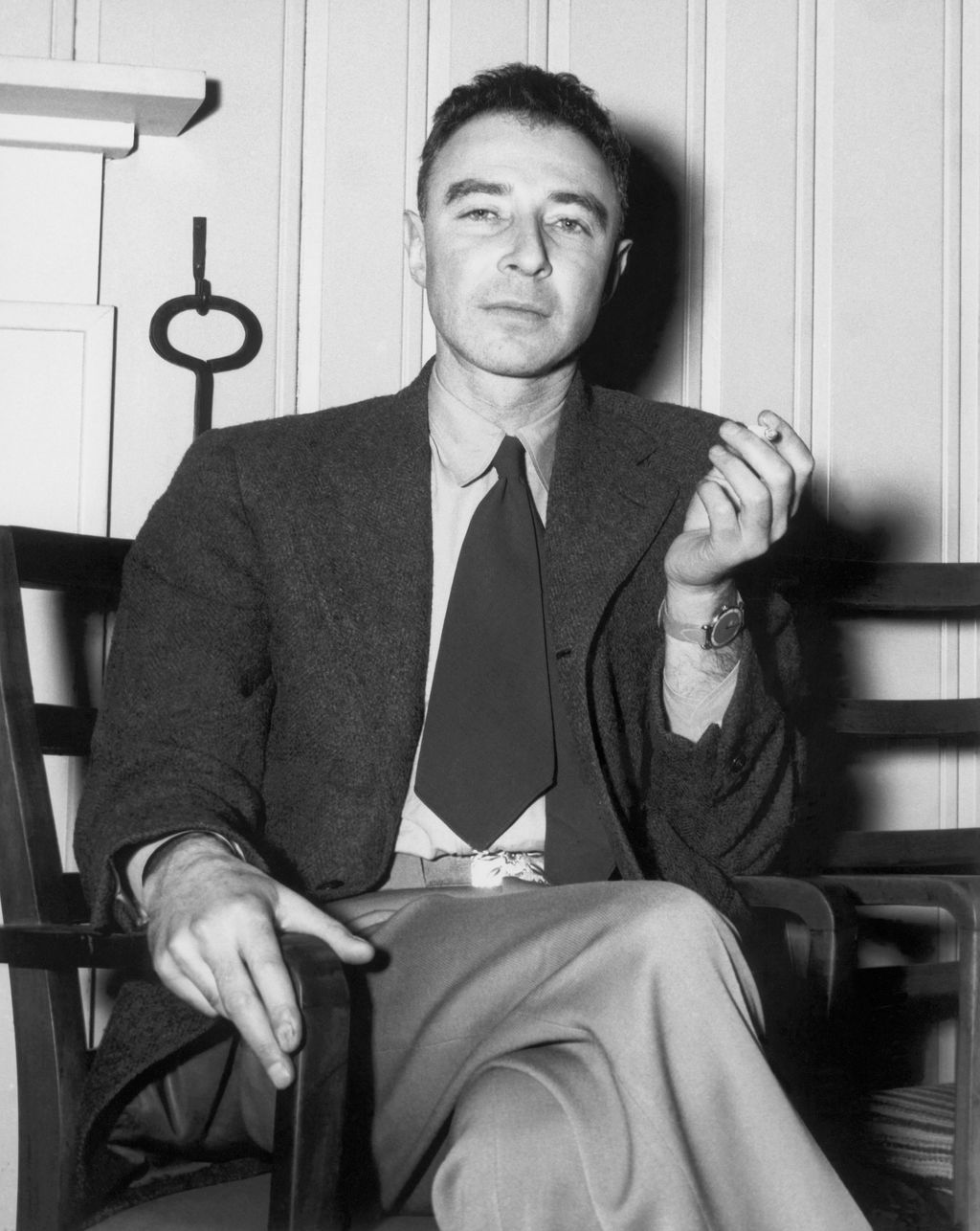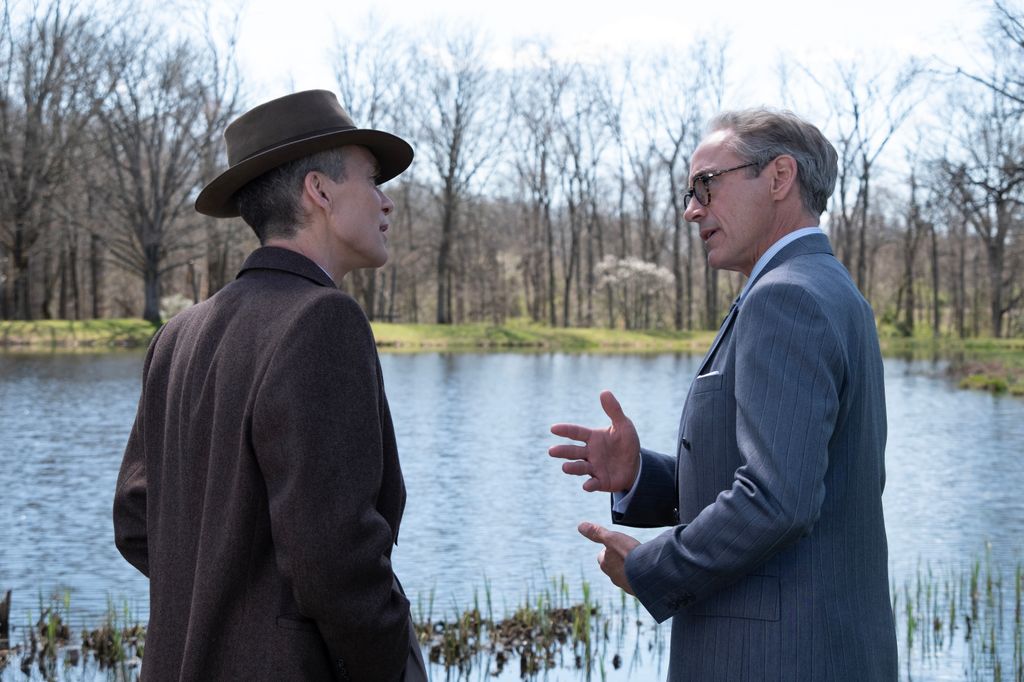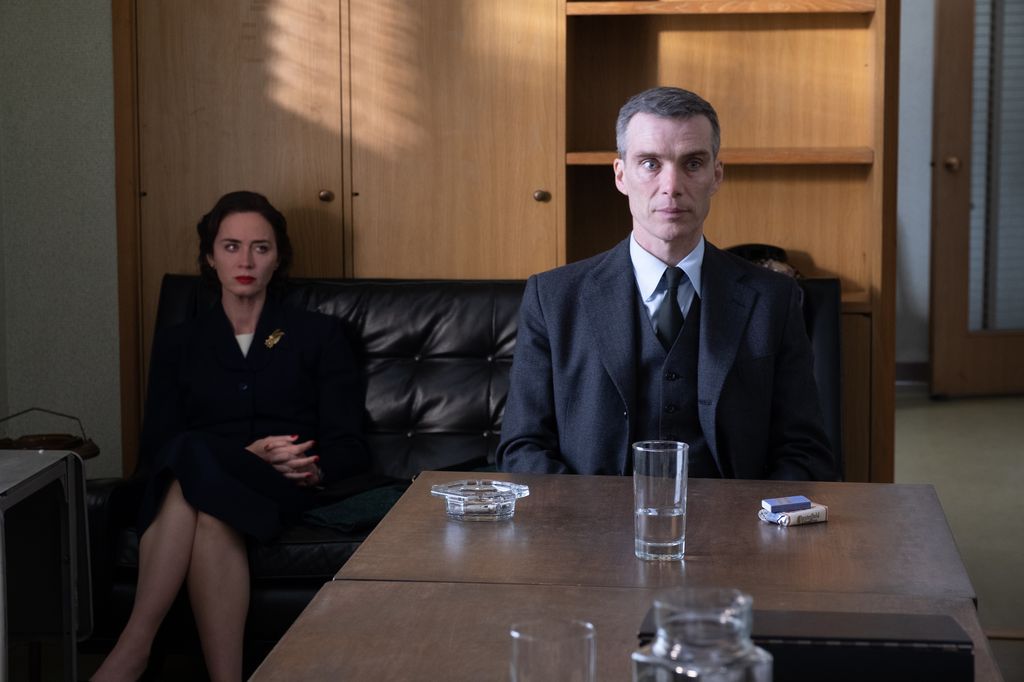Oppenheimer has finally been released in the cinema, and the story follows the life of J Robert Oppenheimer, known as the father of the atomic bomb.
While the movie has a seriously impressive cast, with the likes of Robert Downey Jr, Emily Blunt and, of course, Cillian Murphy starring - it also features Florence Pugh in a small but vital role as Jean Tatlock, one of Oppenheimer’s lovers who was a big part of his life. But who was Jean in real life, and what happened to her? Find out here…
In the movie, Jean is mostly disinterested in Oppenheimer but, despite being unimpressed by him and his penchant for buying her flowers, finds herself drawn to him. She is portrayed as a troubled woman who is a passionate communist - which later becomes a problem during Oppenheimer’s security clearance trial. The pair have a brief tryst after Oppenheimer married Kitty Puening.
The movie also portrays Oppenheimer’s devastation at Jean’s death after she dies by suicide shortly after they spend one last night together.
In reality, Jean was indeed a member of the Communist Part of the United States of America and worked as a psychiatrist. She began a relationship with Oppenheimer in 1936, when she was 22 and he was 32 when she was a graduate student and he was a professor of physics at Berkley. It appears that, like in the film, Oppenheimer was more invested in their relationship than she was, and proposed to her twice, with Jean turning him down both times.
MORE: Oppenheimer: Christopher Nolan cast daughter in disturbing role for movie
Jean also wrote to her friend discussing her thoughts that she might be homosexual, writing "There was a period when I thought I was homosexual. I still am, in a way, forced to believe it, but really, logically, I am sure that I can't be because of my un-masculinity”.
She had clinical depression, and was found by her father after having died by suicide on 4 January 1944. As depicted in the movie, she was found in the bathroom having piled up cushions by the side of the bath. She left an unsigned note which read: “I am disgusted with everything... To those who loved me and helped me, all love and courage. I wanted to live and to give and I got paralyzed somehow. I tried like hell to understand and couldn't... I think I would have been a liability all my life—at least I could take away the burden of a paralyzed soul from a fighting world.”
There have since been conspiracy theories that Jean was actually murdered. The psychiatrist was being followed by the FBI and had her phone tapped due to her Communist party connections and relationship with Oppenheimer. However, none of these theories has ever been proven.
Oppenheimer spoke about their relationship during his security hearing in 1954, saying: “We were at least twice close enough to marriage to think of ourselves as engaged. Between 1939 and her death in 1944 I saw her very rarely.
“She told me about her Communist Party memberships; they were on-again, off-again affairs, and never seemed to provide for her what she was seeking. I do not believe that her interests were really political. She loved this country and its people and its life.”
“She was, as it turned out, a friend of many fellow travellers and Communists, with a number of whom I was later to become acquainted. I should not give the impression that it was wholly because of Jean Tatlock that I made leftwing friends, or felt sympathy for causes which hitherto would have seemed so remote from me, like the Loyalist cause in Spain, and the organization of migratory workers. I have mentioned some of the other contributing causes. I liked the new sense of companionship, and at the time felt that I was coming to be part of the life of my time and country.”
Part of the hearing, which was also included in the movie, also spoke of her mental health, with the transcript reading: “She had indicated a great desire to see me before we left [for Los Alamos]. At that time I couldn’t go. For one thing, I wasn’t supposed to say where we were going or anything. I felt that she had to see me. She was undergoing psychiatric treatment. She was extremely unhappy.” He added that she was “still in love” with him when he met her.
